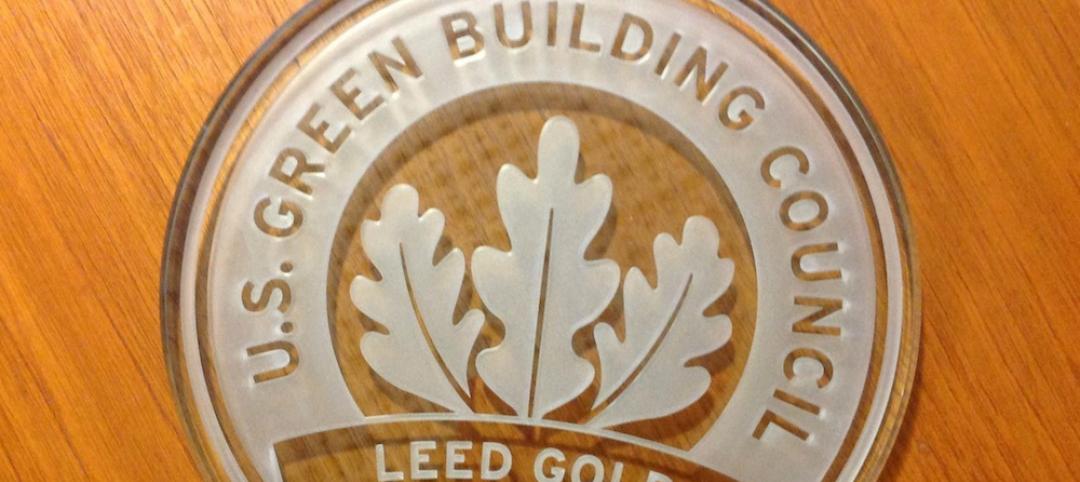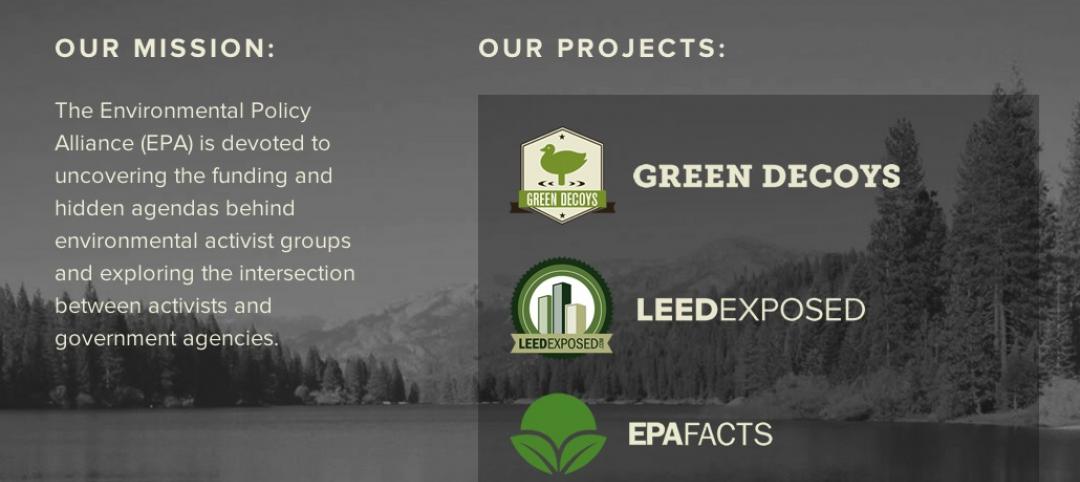Starting in June, California’s latest version of its Title 24 building code kicks in, requiring several systems come with demand response capability. Every new or retrofit thermostat, HVAC system, networked lighting controller, and building automation system in the state will have to be ready for two-way, automated utility-to-customer energy management. Non-residential building lighting systems will be required to have daylight-matching adjustment, dimming and demand response capabilities.
These devices and systems will be required to be “capable of receiving and automatically responding to at least one standards-based messaging protocol” to receive signals from utilities. There are a few standards that meet the requirement— OpenADR, SEP 2.0, and HomePlug.
OpenADR was developed by the California Energy Commission and Berkeley Labs. It offers tools to allow buildings and utilities to communicate about energy availability, price, and how buildings can execute and confirm actions to reduce power use.
These standards were enacted after the California Energy Commission identified flaws in the state’s approach to demand response in a 2013 report, including a failure to reach modest goals set in 2007 to reduce peak demand by 5%. The solution may come from a market-based program to encourage users to reduce demand during peak energy use periods. The new demand-response standards pave the way for this option.
Related Stories
| Mar 19, 2014
Santa Monica, Calif., may offer LEED alternatives to help promote green construction
With developers in Santa Monica, Calif., looking for ways to build green more inexpensively, the city may consider alternatives to LEED such as Green Globes.
| Mar 18, 2014
Canadian wood industry pushes for ‘wood first’ legislation on mid-rise public projects
The wood lobby is pushing Canadian provinces to pass “wood first” legislation specifying wood framed structures as the default for mid-rise public works projects where warranted.
| Mar 13, 2014
USGBC hits back at Environmental Policy Alliance criticism
The Washington, D.C.-based Environmental Policy Alliance has launched a campaign to make the claim that LEED-certified buildings are less energy efficient than other buildings. In response, USGBC told its members: "Don’t be fooled, the Environmental Policy Alliance isn’t the 'EPA' you might think."
| Mar 13, 2014
North Carolina board recommends switch to six-year code update cycle
In a nine to six vote, the North Carolina State Building Code Council on March 11 approved moving the commercial building code (except for the electrical code) to a six-year cycle for updating instead of a three-year cycle.
| Mar 13, 2014
OSHA’s funding disclosure requirement for those offering silica rule comments draws ire
The Occupational Safety and Health Administration is requiring those who submit comments on the silica rule to disclose their funding sources for their scientific research to avoid conflict of interest.
| Mar 13, 2014
EPA publishes ‘best management practices’ rule on erosion, stormwater at construction sites
The Environmental Protection Agency published a new rule this month that will require the construction, housing, and utility sectors to carry out "best management practices" in order to prevent erosion and harmful stormwater discharges at construction sites.
| Mar 5, 2014
San Francisco board seeks remedies to code enforcement complaints
Two supervisors charged that a lack of adequate code enforcement has led to blight from dilapidated or unfinished buildings.
| Mar 5, 2014
Obama proposes $1 billion for climate change risk mitigation
President Barack Obama would spend $1 billion to “better understand the projected impacts of climate change,” encourage local action to reduce future risk, and fund technology and infrastructure that will be more resilient to climate change.
| Mar 5, 2014
Southern Forest Products Assn. revamps pressure-treated pine specifications
It provides information to assist with the proper specification and use of pressure-treated Southern Pine materials.
| Mar 5, 2014
UL, PRI Construction Materials Technologies reach product certification agreement
Underwriters Laboratories (UL) Inc. reached an agreement with PRI Construction Materials Technologies LLC (PRI) through which PRI will participate in UL's "Data Acceptance Program," enabling the acceptance of data generated at PRI toward UL product certification.













